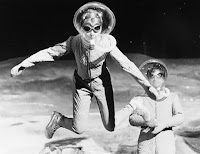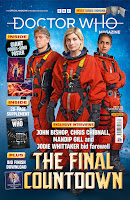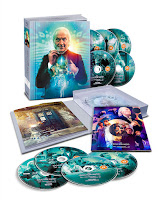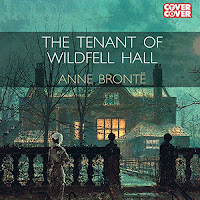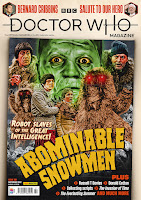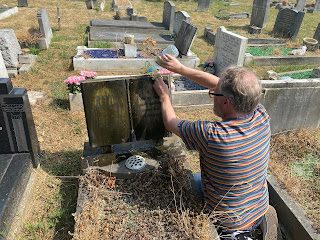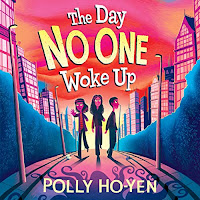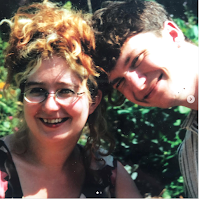Last year, when I asked what books by Penelope Fitzgerald I should read, a few people suggested this very good biography by Hermione Lee. Lee knew Fitzgerald personally; in the final pages of the book, she scrupulously lists exactly how. With access to Fitzgerald's papers - those held by the family and those at the University of Texas - plus interviews with huge numbers of those who knew and worked with her, the result is a richly detailed portrait of the good, bad and peculiar.
"Dillwyn had his fiftieth birthday party at the Spread Eagle Inn at Thame, a chaotic event at which the notoriously grandiose and eccentric landlord locked up all the lavatories, so that the guests had to pee in the gardens, pursued by ferocious bees, and the only food provided was a dish of boiled potatoes. (This story may have grown in Penelope's telling of it over the years.)" (p. 40)
This Dillwyn, Fitzgerald's uncle, is the Dilys Knox whose work on codebreaking at Bletchley during the war I also ready knew about. His brother Ronald is the Ronald Knox whose writings on Sherlock Holmes I've noted in the Lancet. Their brother Evoe Know, editor of Punch, was also a name I'd seen before, but I'd never made the connection between these Knox brothers, or that Fitzgerald was Evoe's daughter. The book is full of such connections - Fitzgerald's children friends with the young Ralph and Joseph Fiennes, Fitzgerald's family close to that of EH Shepard, illustrator of Winnie the Pooh.
By chance, I went to see Daleks: Invasion Earth 2150 AD at the cinema about the same time as reading the section about Grace, the canal boat on which Fitzgerald lived in the early 1960s, and on which she based her novel Offshore. Lee tells us (p. 144) that Grace was moored opposite St Mary's Church, Battersea - which is where Peter Cushing is standing when he sees a Dalek emerge from the Thames. So the background of those shots is what inspired a Booker prize-winning novel. I initially hoped that perhaps Grace was one of the bleak-looking boats visible in the film, but Fitzgerald's modest home sadly sank in 1963, taking with it many of her prize possessions just when she had so little left to lose.
(There's another Doctor Who connection: in about 1969, Fitzgerald owned an "old 1950s car" called Bessie (p. 219), just as Jon Pertwee's Third Doctor was first motoring about in his vintage-looking kit car of the same name.)
Lee tells us when she doesn't know something, or at least can't be sure. And she's brilliant at using Fitzgerald's fiction to tease out details of the author's real life - not that anything in a novel must be based on real experience, but that the narrative is revealing of a state of mind. At one point, Lee cites the owner of the shop on which The Bookshop was based, writing to Fitzgerald in praise of the novel but underlining differences between fact and fiction (real life was, apparently, more benign). Elsewhere, we close in on a man who may be the older, married colleague we know broke Fitzgerald's heart. Lee names her suspect, and presents a good case for him being the one, then admits there's not really enough here but tantalising fragments.
There is still plenty that's unknowable - and, as Lee admits at the end, plenty that Fitzgerald kept to herself to the end. But there's a vivid portrait here, a sense of Fitzgerald as a real, complex and contradictory person. I feel I know Penelope Fitzgerald now: the person, the work, the extraordinary, often difficult life. This is more than portraiture: it is vivid history; it is animation.
I'm keen to read Fitzgerald's own work of biography, The Knox Brothers, about her father and his brothers. And I'm keen to read Human Voices, a novel based on her own experience working at the BBC during the war. And Hermione Lee's Body Parts: Essays on Life Writing looks very good, too.

